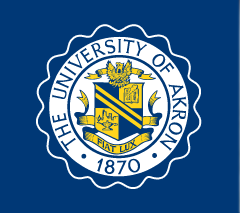Abstract
Over the last two decades, the United States Supreme Court has ruled on a number of questions with a direct bearing on the accounting profession. Extending this legacy, the High Court has once again entered the world of the practicing accountant to examine the Constitutional scope of State Boards of Accountancy to restrict direct, in-person, uninvited business solicitation within the profession. The High Court's findings and decision were delivered recently in the case styled Edenfield v. Fane, which considered a sole practitioner's challenge to solicitation restrictions adopted by the state of Florida. This ruling carries some important implications for the rapidly evolving promotional and marketing aspects of the practice of accountancy today. To position the Edenfield ruling in an historical perspective, the profession's efforts at self-regulation in the area of business solicitation over the years will be outlined first. This will entail tracing the evolution of the solicitation issue reflected in the actions of the early Council of the American Institute of Accountants, its successor the American Institute of Certified Public Accountants (hereafter the AICPA), and the numerous State CPA Societies throughout the country. In a like manner, the primary legal sources supporting contemporary governmental restraints emanating from the U.S. Constitution, along with certain federal and state dictates found in statute and regulation, will then also be examined. Against this background, the Edenfield case can then be dissected for the factual and legal parameters which it imposes on state authorities intent on exerting regulatory authority over various aspects of solicitations within the profession.
Recommended Citation
Millspaugh, Peter E.
(1995)
"The Supreme Court and State Restraints on CPA Business Solicitation,"
Akron Tax Journal: Vol. 11
, Article 3.
Available at:
https://ideaexchange.uakron.edu/akrontaxjournal/vol11/iss1/3
